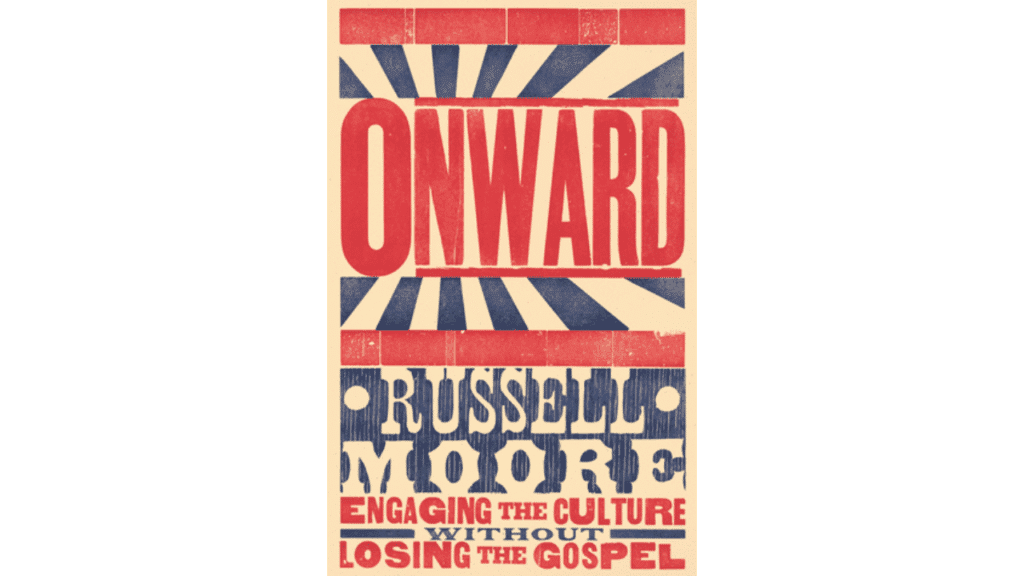Review
I don’t suppose that there is a more important book for the American church today as it pertains to how we should engage the current culture. There has been a term thrown around everywhere lately that has been used to describe Moore’s writing and leadership: prophetic. There couldn’t be a more fitting word to describe Moore’s message, in my opinion. Moore speaks with such convictional, clear, and biblical force that the church would be foolish to disregard what he has to say.
Moore devotes each chapter to address how to church should respond to various issues in the culture today, including abortion, racial reconciliation, family stability, and religious liberty, among others. Throughout each chapter, and thus throughout the book, Moore offers a constant comforting reminder to the reader: our position and our message and our religion is strange, but that’s a good thing. He argues that the current American church is plagued by a nominal, cultural, “almost-Christianity” that will rightly be purged from the pews the more the surrounding culture becomes hostile and antithetical to orthodox Christian values. I resonate very strongly with his analysis and am convinced that anybody who takes an honest look at the current status of the American church and lends an open ear to Moore’s arguments in this book will find it hard to do otherwise.
Moore has written somewhat of a manifesto for those who desire to see the church return to the prophetic, counter-cultural, salt and light position that she’s called to. Moore helps us to see that the future is not dim for the American church. Instead we are being presented with an incredible opportunity to witness to the satisfying sufficiency of Christ that is so much greater then the American dream. It will be a fight, for sure, but since we are united to the One who receives the “yes” to all God’s promises, we have the strength and inspiration to press onward.
Quotes
“I don’t accept the narrative of progressive secularization, that religion itself will inevitably decline as humanity evolves toward more and more consistent forms of rationalism. As a matter of fact, I think the future of the church is incandescently bright. That’s not because of promises made at Independence Hall, but a promise made at Caesarea Philippi—’I will build my church, and the gates of hell shall not prevail against it’ (Matt. 16: 18). I believe that promise because I believe the One who spoke those words is alive, and moving history toward his reign.”
“Preachiness never changed anybody’s mind. Preaching, on the other hand, can change everything.”
“The problem was that, from the very beginning, Christian values were always more popular in American culture than the Christian gospel. That’s why one could speak of “God and country” with great reception in almost any era of the nation’s history but would create cultural distance as soon as one mentioned “Christ and him crucified.” God was always welcome in American culture. He was, after all, the Deity whose job it was to bless America. The God who must be approached through the mediation of the blood of Christ, however, was much more difficult to set to patriotic music or to “Amen” in a prayer at the Rotary Club.”
“A Christianity without friction in the culture is a Christianity that dies.”
“As American culture secularizes, the most basic Christian tenets seem ever more detached from mainstream American culture. There is, for those who came and will come of age in recent years, no social utility in embracing them. Those who identify with Christianity, and who gather with the people of God, have already decided to walk out of step with the culture. These Christians have already embraced strangeness by spending Sunday morning at church rather than at brunch. This is leading to a sort of mirror image of the Rapture that the traveling evangelists warned us about. Those who were nominally Christian are suddenly vanished from the pews. Those who wanted an almost-gospel will find that they don’t need it to thrive in American culture. As a matter of fact, cultural Christianity is herded out by natural selection. That sort of nominal religion, when bearing the burden of the embarrassment of a controversial Bible, is no more equipped to survive in a secularizing America than a declawed cat released in the wild. Who then is left behind? It will be those defined not by a Christian America but by a Christian gospel.”
“The shaking of American culture will get us back to the question Jesus asked his disciples at Caesarea Philippi: ‘Who do you say that I am?'”
“If the kingdom of Christ is distinguished by “pity on the weak and the needy” whose lives are threatened by “oppression and violence” (Ps. 72: 13– 14), then the people of the kingdom cannot ignore the silent cries of “embryos” frozen in fertility clinics, “fetuses” dismembered in antiseptic hospitals, “unwanted children” languishing in institutions, “illegal immigrants” exploited by cartels and businesses, or “invalids” wasting away in lonely nursing homes.”
“A religion that needs state power to enforce obedience to its beliefs is a religion that has lost confidence in the power of its Deity.”

